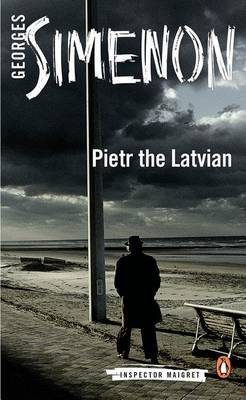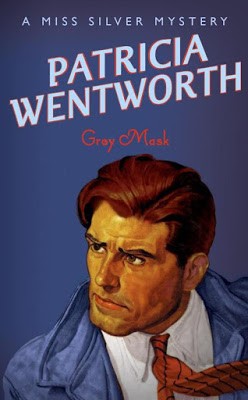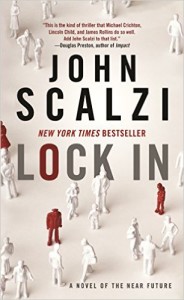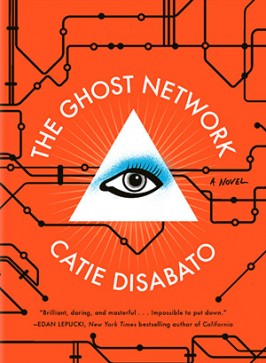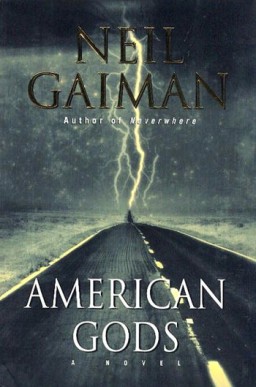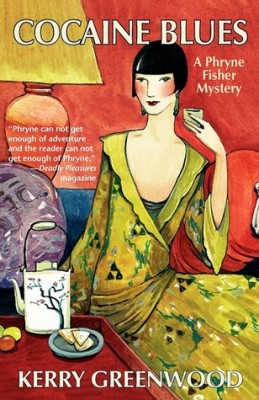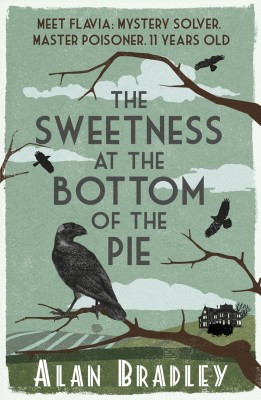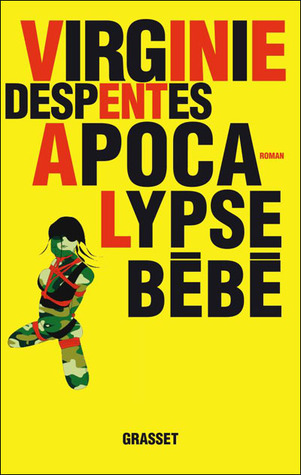Georges Simenon was inter-war France’s most famous writer of detective fiction, and Inspector Maigret is his most famous creation: built like a rugby player, sucking on his pipe, with the collar of his coat turned up against the Paris drizzle. A few years back, Penguin announced it would be reissuing one Simenon per month – a larger undertaking than it sounds, given the sheer volume of his output, not to mention the need for translation. This week, after years of good intentions, I finally read one of them.
Continue reading Pietr the Latvian
As a person who has had a love of Agatha Christie inculcated in me from the years of my earliest literacy by older female relatives on both sides of my family, I am the first to admit that I am less than conversant in other great mystery novelists of the same period. It took me until my 30s to discover John Dickson Carr, for example – arguably the greatest of the so-called “locked room mystery” writers. My family bookshelves just didn’t deign to notice the existence of any detectives that weren’t Miss Marple, Hercule Poirot, or (grudgingly) Tommy and Tuppence Beresford*. No surprises, then, that Patricia Wentworth has only just appeared on the horizon of my literary radar**.
Continue reading Grey Mask ff
In the not-too-distant future, a flu-like epidemic has swept the globe. Of those who aren’t killed outright, a small but significant proportion develop a neurological complication that renders them conscious but paralysed – the Lock Ins of the title. Referred to as “Hadens” after a former (fictional) FLOTUS, an early contractor of the syndrome, they are implanted with complex nano-technology and able to interact with the outside world through the use of cybernetic prostheses. So yeah. Mind-controlled robots. A minuscule number of individuals are also left with their neurological structures affected in such a way that they can interface with Hadens, acting for short periods as their proxies (known as “integrators”).
Continue reading Lock In
A couple of weeks ago, on a book discussion forum, I complained that feminist mystery novels didn’t seem to really exist: great mystery novels, in the traditional sense, usually ended up being Problematic in some way, and novels that were generally acceptable to a liberal-minded reader tended to fail as mystery novels. Someone suggested in response that I might like this novel.
Continue reading The Ghost Network
Holidays are not a good time for downer reads. I knew this in theory, but it really sank in when, during a week in a beach house surrounded by my best friends, I attempted to read a book featuring a love story between a suicidal junkie and a needle exchange volunteer. Can you even imagine? I got, to my credit, a third of the way through it, before putting a pin in it and scanning back through my Kindle for a more holiday-friendly re-read. American Gods is what I came up with.
For me, a lover of fantasy generally and of Neil Gaiman in particular, diving back into this novel was like that first gulp of Friday night wine after a long, stressful working week. The premise, simply put, is that all of the gods ever worshipped by humans really exist; belief somehow generates them, and, since every culture eventually ends up in America, their adherents have brought them all there at some point. Continue reading American Gods
It’s been pretty quiet on the Book Report front for a while now, and there are several good reasons for that, namely: (a) a re-read of The Lord of the Rings while on holiday in New Zealand because appropriate; followed by (b) a re-read of some Agatha Christie faves, also while on holidays, because it’s holidays and I don’t want to read anything depressing and/or that I don’t already know the ending of; followed by (c) the following.
Continue reading Cocaine Blues (et al)
“Heaven must be a place where the library is open twenty-four hours a day, seven days a week.”
So speaks Flavia de Luce, a heroine after mine own heart: chemist; amateur sleuth; expert in poisons both rare and bog-standard; eleven-year-old girl. Flavia’s world is turned upside-down when she wanders into the garden one evening in 1950 and discovers something most unpleasant in the cucumber patch.
Continue reading The Sweetness at the Bottom of the Pie
This is one of those situations where a book that sounds great on paper turns out to have, in fact, nothing going for it except its synopsis. A (female) private investigator is charged with tracking down the missing teenage granddaughter of a client, and in order to do so, enlists the help of a terrifying piece of (female) debt collection muscle known as The Hyena. Continue reading Apocalypse Baby
If you’re not already aware, this purports to be an Hercule Poirot novel written by someone other than Agatha Christie, and ehhhhhhh I don’t know. It always strikes me as a weird choice to make. I mean, sure, you’ll sell books to idiots like me who can’t help themselves, but you know you’re going to be compared to someone much more famous and probably more beloved, and unless you really nail it, it’s always going to be judged a failure. Just come up with your own campy foreign eccentric and have your work assessed on its own merits. Continue reading The Monogram Murders
Look, I’ve tried to like PD James. I’ve tried really hard. I’ve read at least four or five of her other books, including a range of older and more recent, Adam Dalgliesh and Cordelia whatshername. And I just don’t get it. As detective stories I find the solutions arbitrary; as novels, I find them boring and badly-developed. BUT. I recently watched the BBC miniseries adaptation of this book, and really liked it, and since the first episode aired the day after the author died, I thought it was only respectful to give her one last chance.
Continue reading Death Comes to Pemberley
